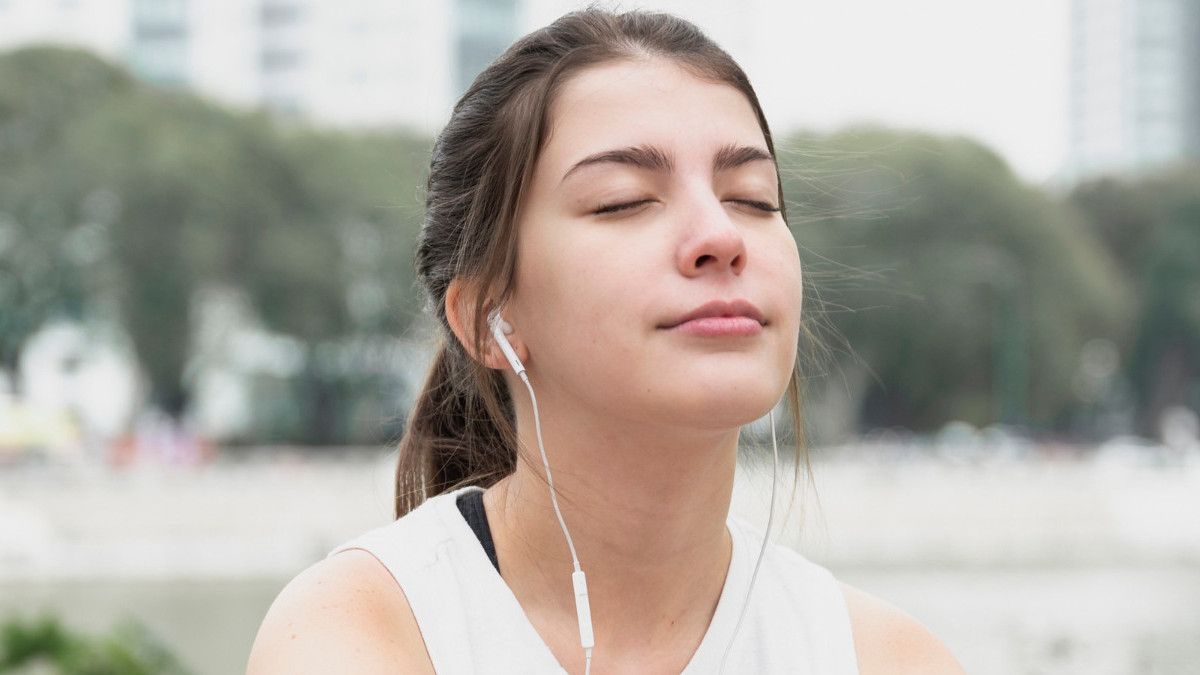YOGYAKARTA If you are going through increasingly dramatic challenges, breathing is useful for helping emotional relief and releasing pent up emotions or catalysts. According to researchers from Stanford University, certain types of breathing have an effect on mood and emotional state.
This study involved more than 100 participants divided into four groups. Each group was given the task of intervening for five minutes. The experiment was carried out every day for a month with an emphasis on breathing. Among them cyclic strains stressing exhalation, cyclic hyperventilation which emphasizes respiratory breath, box breathing involving attractions and gusts of the same length, and mindfulness meditation involving passive breathing observations without active control.
Of the four groups of participants, all experienced a daily positive increase, including reduced anxiety and negative influences. However, the cyclic pinching group, shows a major increase in mood and calmer circumstances characterized by a decrease in respiratory rate.
According to one of the researchers, psychiatrist David Spiegel, MD., director of the Center for Stress and Health at the Stanford School of Medicine, cyclic breathing or urge when performed will reduce blood that returns to the heart as it breathes. This causes a quick response and when it exhales, blood increases back to the heart, the vagus nerve is stimulated, and parasimpathic activity slows down heart rate.
Cyclic strain is basically a form of long breathing when exhaling. It's like a hack to restore parasimpathic calmer and as a result, relieve stress. This respiratory style, according to respirator Zee Clarke, reported by Well+Good, Thursday, July 27, is the basic principle of pranayama. Pranayama refers to yoga breathing which has previously been shown to reduce stress.
Researchers do not specifically learn why cyclic urge is so effective. But doing for five minutes a day, according to doctor Spiegel, effectively relieves stress, regulates moods, and reunites the mind and body.
"What's very interesting about breathing is that it's right on the heart of auto physiological control versus mentally directed physiological control," says Dr. Spiegel.
اقرأ أيضا:
That is, when you don't think about breathing then change it and take control of this physiological process, it automatically expands your control over your mind and body. In other words, cyclic strain or breathing is beneficial to feel yourself again because your long breath begins to activate the parasimpathic nervous system.
The English, Chinese, Japanese, Arabic, and French versions are automatically generated by the AI. So there may still be inaccuracies in translating, please always see Indonesian as our main language. (system supported by DigitalSiber.id)













